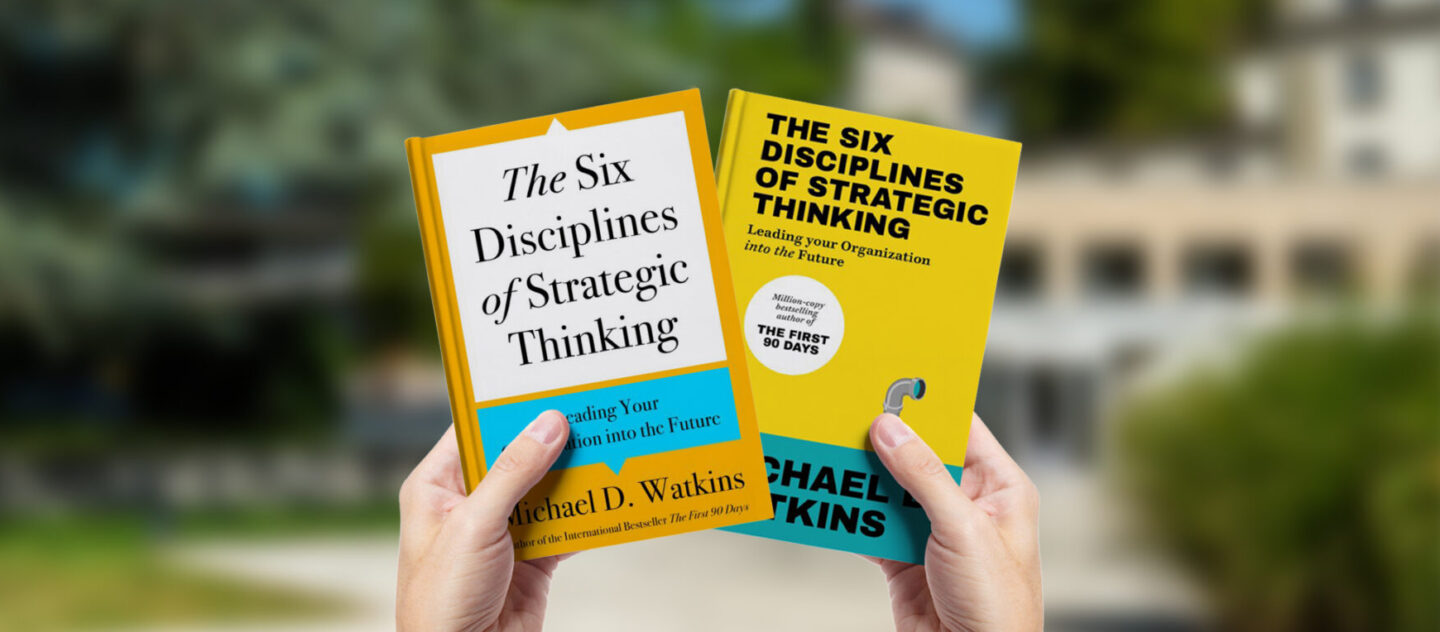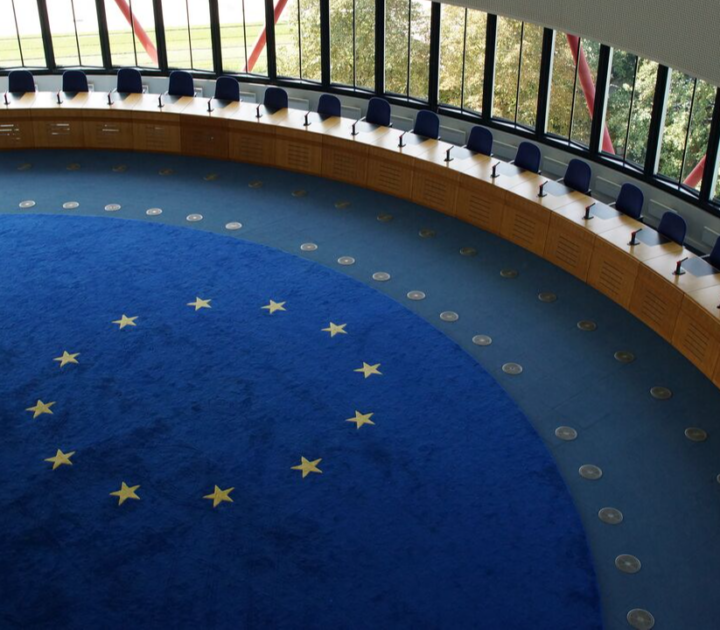IMD business school for management and leadership courses

Research Information & Knowledge Hub for additional information on IMD publications

Research Information & Knowledge Hub for additional information on IMD publications



Research Information & Knowledge Hub for additional information on IMD publications
Research Information & Knowledge Hub for additional information on IMD publications
Research Information & Knowledge Hub for additional information on IMD publications
Research Information & Knowledge Hub for additional information on IMD publications
Research Information & Knowledge Hub for additional information on IMD publications
Research Information & Knowledge Hub for additional information on IMD publications






Research Information & Knowledge Hub for additional information on IMD publications

![Why does artificial intelligence need regulation? [Podcast]](https://www.imd.org/ibyimd/wp-content/uploads/2024/04/IbyIMD-TalkTechPodcast-Episode20-AIregulation-IbyIMD-Cards-5_3-1250x725-1-720x630.jpg)


Research Information & Knowledge Hub for additional information on IMD publications
Research Information & Knowledge Hub for additional information on IMD publications
Research Information & Knowledge Hub for additional information on IMD publications